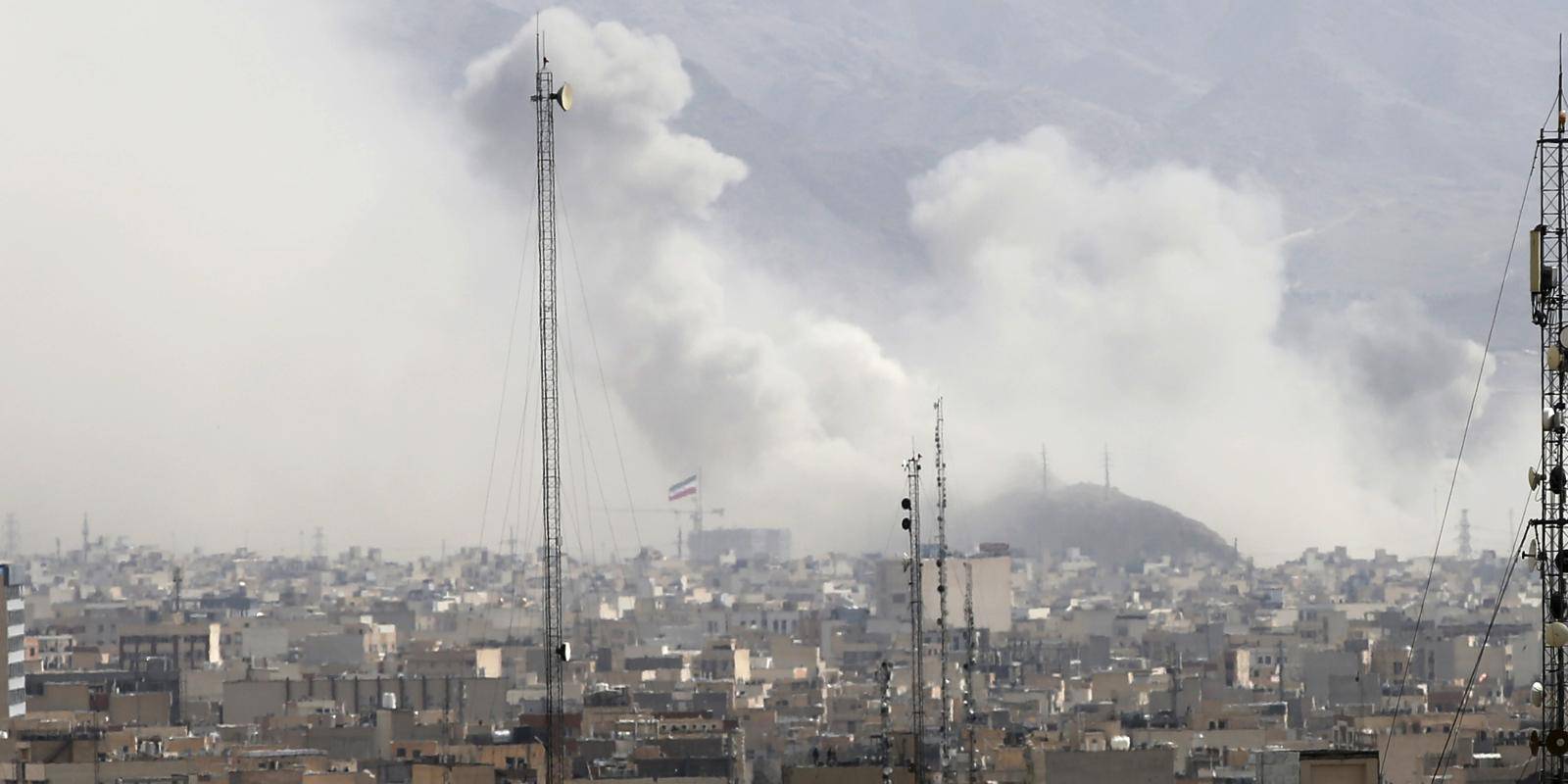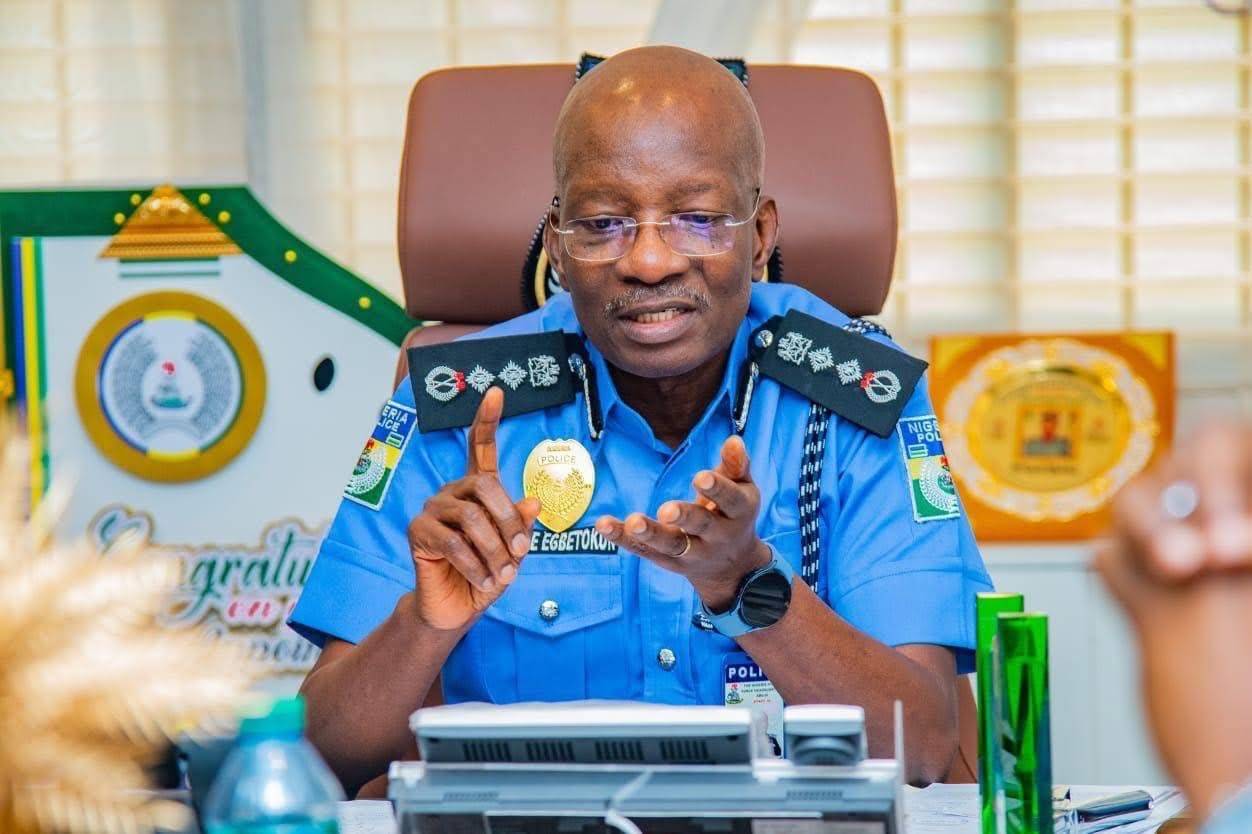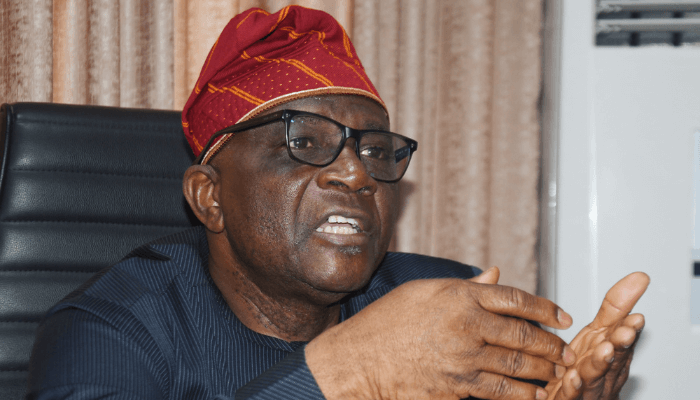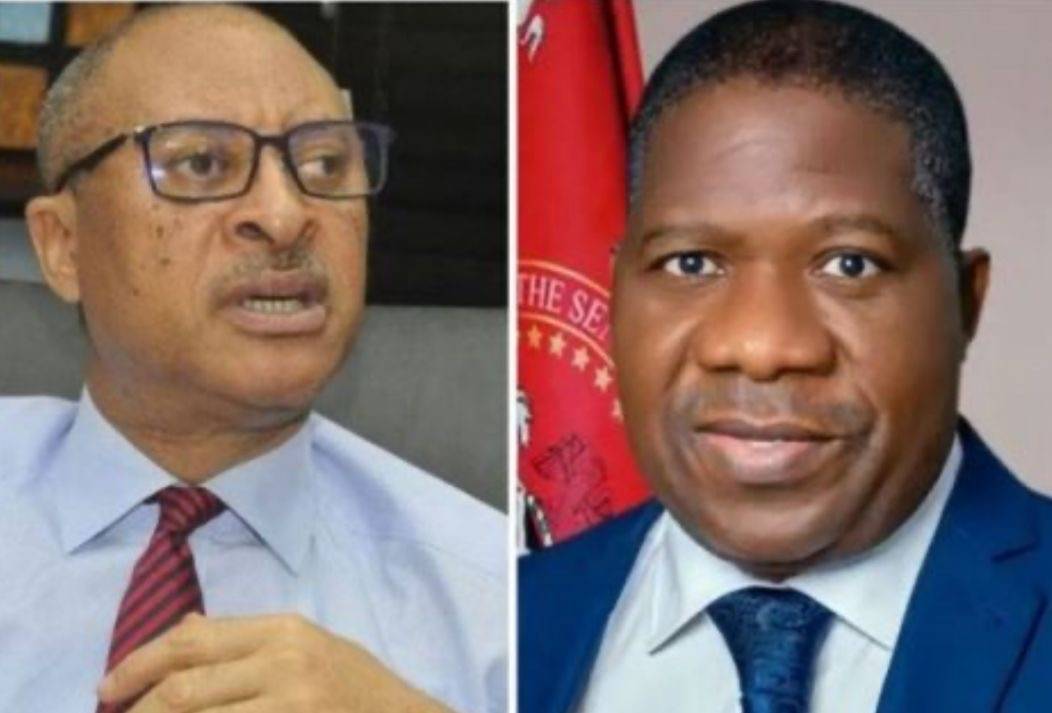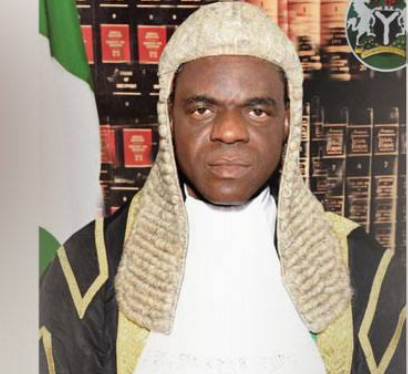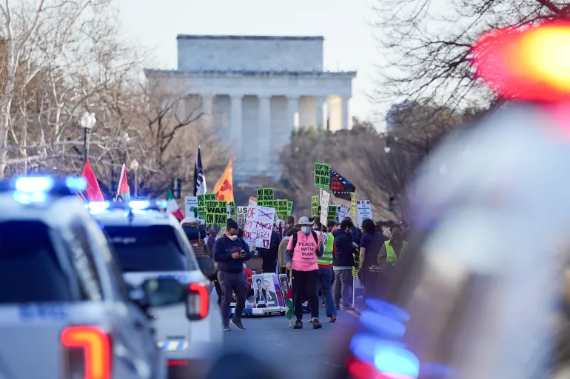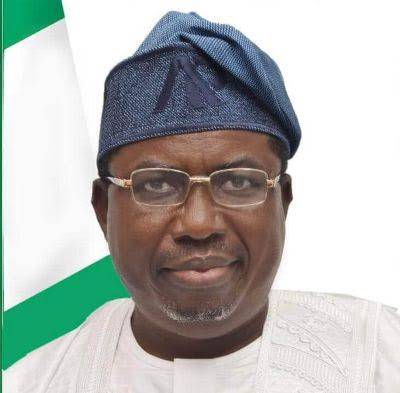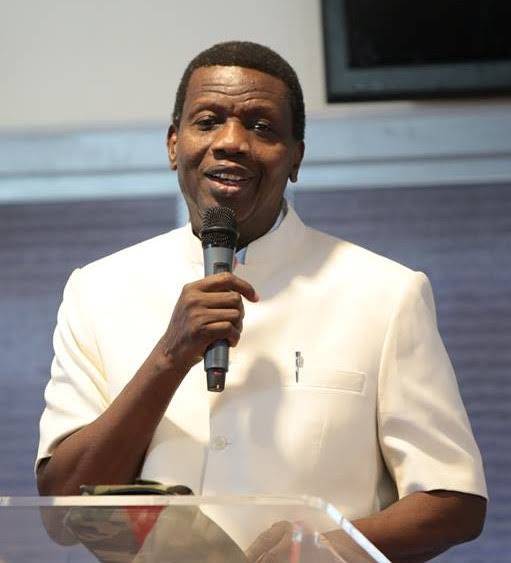By Segun Ayobolu
It was the late great Ugandan political scientist, Professor Ali Mazrui, who dilated extensively on what he described as Africa’s triple spiritual heritage attendant on historical encounters that made the continent home to the three religious traditions of Islam, Christianity, and the diversity of African traditional religions. In Nigeria, Yoruba land is widely acknowledged as that part of the country where adherents of the three spiritual faiths enjoy harmonious and peaceful coexistence even within the same families. Yet, despite the impressive religious liberalism and tolerance obtained in the Southwest, there are still instances of tensions and complications among these three religious heritages that are critical to the analysis and evolution of society.
The received religions of Christianity and Islam, which are by no means monolithic faiths but each encompassing contending sects and tendencies, have evidently edged the traditional religious practices to the background being essentially proselytizing and evangelizing spiritualisms contrary to the largely non-expansionist and lethargic disposition of the indigenous religions.
Yet, substantial numbers of Nigerians and Africans still subscribe directly or indirectly to one form of traditional religious practice or the other. Diverse forms of occultist practices are rife in African societies. There are those who, often surreptitiously, practice assorted forms of syncretism that combine aspects of different religious observances. They are simultaneously at home in the church, with Islamic mystics, and can be found consulting Ifa priests and occult practitioners at odd hours. The resurgence of traditional religions in the Southwest is manifest in the recent decision of governments in the zone to formalize the celebration of ‘Isese Day’ which is a public holiday dedicated to the veneration of the various deities that make up the pantheon of Orisa worship.
One interesting aspect of the cohabitation of the triple spiritual heritages in the Southwest is the growing number of traditional rulers who are ardent Muslim or Christian adherents. In several cases, the faith and religious practices of such traditional rulers who embrace one or the other of the received religions conflict with the ritualistic, primordial indigenous spiritual traditions that constitute the foundation of the ancient thrones. The most recent example of this kind of situation is the emergence of the new Soun of Ogbomosho, one of the key prestigious thrones in Yoruba land, Oba Ghandi Afolabi Olaoye, Orumogege III.
The new Soun had been a senior pastor at the RCCG before his call to the throne and installation on September 8, 2023. He was said to have accepted to vacate his pastoral calling to assume the role of monarch of the ancient community after immense pressure from those who had faith in the tremendous modernizing potentials his experience and talents portend for Ogbomosho. No less critical in the monarch’s decision to commence his new life trajectory was the go-ahead he received from his spiritual mentor, the revered General Overseer of the RCCG, Pastor Enoch Adeboye.
Daddy GO reportedly admonished the Oba that his Royal calling was his God-ordained purpose on earth which he could not rightly seek to evade. Those who support this perspective believe that the ascension of a ‘born again’ Pentecostal Christian, a pastor of a major denomination like the RCCG for that matter, would be instrumental in containing and mitigating the influence of what Christianity perceives as the ‘heathen’ beliefs and practices associated with traditional African religion.
It is noteworthy that several traditional rulers from the Southwest routinely attend the Holy Ghost services of the RCCG with their presence well publicized. These royal fathers also habitually grace the annual ‘Shiloh’ spiritual gathering of the Winners Chapel at Canaan land in Ota, Ogun State. But can those of these monarchs who claim to be genuinely ‘born again’ condone age-long traditional fetish practices in their domain, even if they do not directly participate in such, and still retain the integrity and sanctity of their newly proclaimed faith in Christ as Lord and Saviour?
Let no mistake be made about it. The Pentecostal variety of Christianity is absolutist and ‘totalizing’ in its claims on the believer. Jesus Christ was uncompromising in his unparalleled declaration that “I am the truth, the way and the life and no one can come to the Father except through me”. No mortal ‘Kabiyesi’, which translates to he who cannot be questioned can coexist in Pentecostal Christianity with the supreme Kabiyesi, the creator and immortal monarch of the universe.
Those I have discussed the monarchical politics of Ogbomosho with in the context of emergent spiritual developments around the throne affirm that Oba Ghandi Olaoye enjoys the unalloyed support and loyalty of the vast majority of his people. The only crisis faced by the throne is the conflict between the Pastor/Oba and the Chief Imam of Ogbomosho, Yunus Ayilara, which has resulted in a legal suit seeking the removal of the Muslim cleric as Chief Imam of the community. Rather, the monarch has appointed Ayilara as Chief Imam of the palace which implies that there is a vacancy for the post of Chief Imam of Ogbomosho.
Declaring his support for Yunus Ayilara, another monarch, the Olugbon of Orile-Ogbon, Oba Francis Alao, submitted that traditional rulers lack the powers to sack religious leaders. The often extremist Muslim Rights Concern (MURIC) described the Soun’s moves regarding the issue of Chief Imam of the town as a “subterfuge to weaken Islam, a strategy to enslave Muslims and a chicanery to exploit Muslim population of Ogbomosho.”There is no indication that the majority of Muslims in Ogbomosho support MURIC’s incendiary rhetoric.
Yet, I am intrigued by Oba Ghandi Afolabi Olaoye’s understanding of the implications of Africa’s triple heritage for inter-religious relationships, particularly the traditional institutions in Yorubaland. Speaking on the occasion of the installation of the new Chief Imam of the palace, the Soun was reported as emphasizing the importance of religious harmony stressing that the throne of Soun of Ogbomosho was rooted in traditional religion. In his words, as reported in this newspaper, “The throne is that of the traditionalists. Soun Ogunlola who founded the throne was a pure traditionalist; he worshipped Ogun deity. We Christians and Muslims are just intruding so to say; it originally belonged to the traditional religion worshippers so we should encourage religious harmony. It neither belongs to either of us Christians nor Muslims, they are only lending us the throne.”
But with this profound insight, why would the Soun jettison a pastoral career to save souls for Christ that had spanned over 32 years to embrace a far less significant calling to be the monarch of his town; an institution that he admits rests on pre-Christian traditional worship? This is no less bothersome than those men of God such as Pastor Tunde Bakare or Reverend Chris Okotie who at various times have expended humongous financial resources, energy and valuable time in comically quixotic bids to become President of Nigeria.
In my view, the divine call to be a fisher of men and a shepherd of human souls is far superior and of infinitely greater significance than any secular calling no matter how prestigious or highly placed. The divine and spiritual calling has eternal and not just temporal consequences and implications for man and society. Yes, the importance of politics cannot be underestimated. But eminent statesmen and women across the world in both advanced and underdeveloped countries are so obviously seeking in futility for solutions to the protracted problems endangering the future of humanity. We have all too many examples of intellectual giants who are pathetic moral pygmies and help compound rather than proffer workable solutions to the challenges of contemporary man.
Citizens of the most scientifically and technologically advanced countries in the world confront dilemmas of purpose, significance, and meaning that generate social crises and destructive moral perversions on an industrial scale. I may be biased by my own spiritual inclinations but I believe that as the world, like the ill-fated titanic, hurtles at full steam towards disaster, the message and mission of Jesus Christ remain the most pertinent, relevant, and efficacious in resolving the human dilemma. Those entrusted with propagating this message must never underestimate or compromise the incomparable significance of the assignment.
It is instructive that the first courtesy visit by the new Soun outside his domain, was to the Olu of Warri, Ogiame Atuwatse 111. Although not a pastor, the Olu is an ardent Christian who sees no conflict between his faith and his traditional role. His immediate predecessor, Ogiame Atuwatse 11, a staunch member of the Foursquare Gospel Church had, pursuant to his Christian faith, in 2018 issued a declaration that “Henceforth I submit and present the title ‘Ogiame’ to God the creator, who made the sea and rules over all. Therefore, no Olu or person may bear the title or worship that now belongs to God. I nullify all tokens of libation poured on the land and the seas or sprinkled into the air in Iwerre land. In conformity with the new covenant through the blood of Jesus, I release the Royal bloodline, the chiefs of the Iwere Kingdom, the Iwere people, and land, waters and atmosphere of Iwere Kingdom from all ties to other spiritual covenants and agreements” . This was copiously commented on by Segun Adeniyi in his column of 7 March, 2018.
Of course, the immediate past Olu faced a near revolt from the majority of his tradition-bound people and the matter had to be resolved diplomatically to allow the people continue to adhere to their age-long traditional religious practices. The current Olu suffers from no such spiritual conflicts or contradictions. Thus, he told his guest, the Soun, that the traditional thrones and Christendom can coexist harmoniously playing complementary roles of promoting communal development.
Indeed, in an interview on another occasion, the Olu, Tsola Emiko, says he was instructed by the Holy Spirit to stand before the oracle during his coronation. According to the monarch, “For instance, when it came to standing before the oracle, a lot of people felt that because I am a Christian I would not do it. However, I prayed about it and the Holy Spirit made it very clear to me not to be afraid. I was told to go and stand before it and I stood. I believe that the spiritual world can be accessed by anyone of any faith. If one shies away from the spiritual world because one is afraid or because one is not aware of how it operates, one will lose out on a lot of good things that God himself has destined for one”. Can the canons of Pentecostal Christianity coexist harmoniously with perceived fetish practices of traditional religion at the core of Royal institutions? That is one of the dilemmas of Africa’s triple spiritual heritage.



